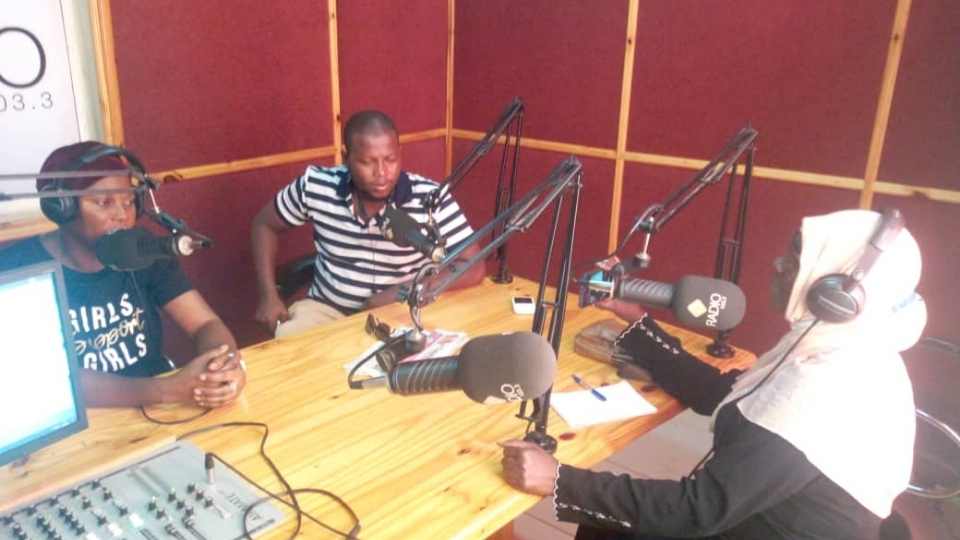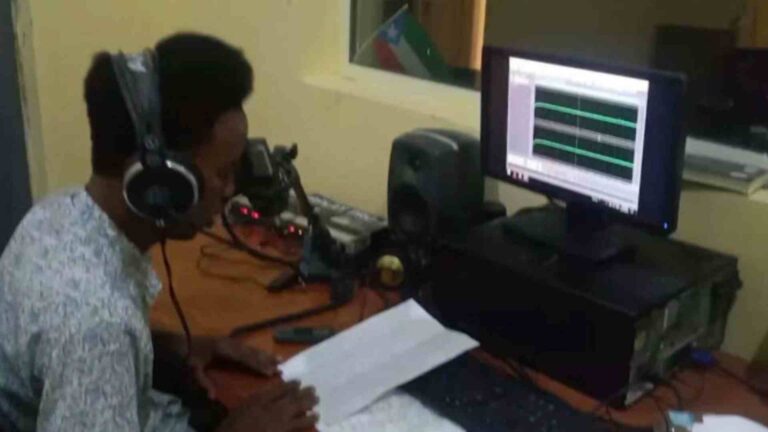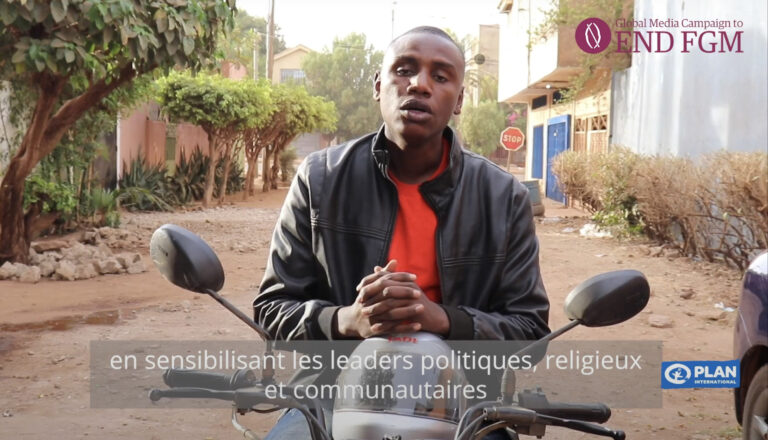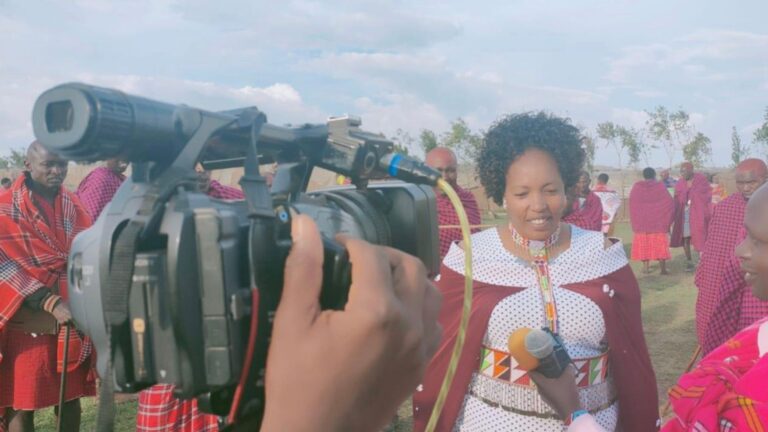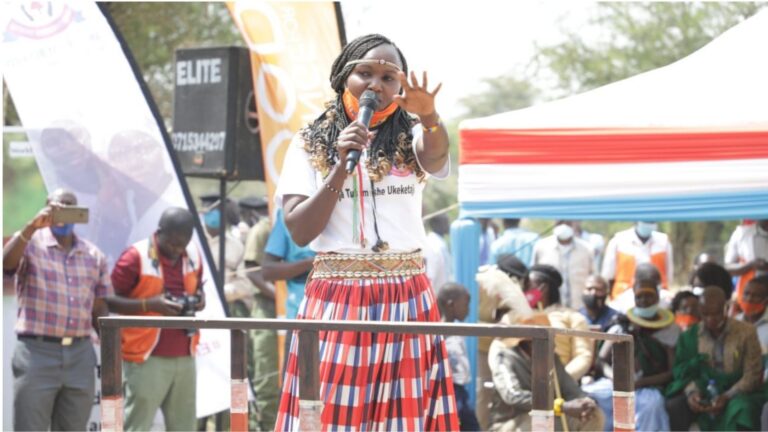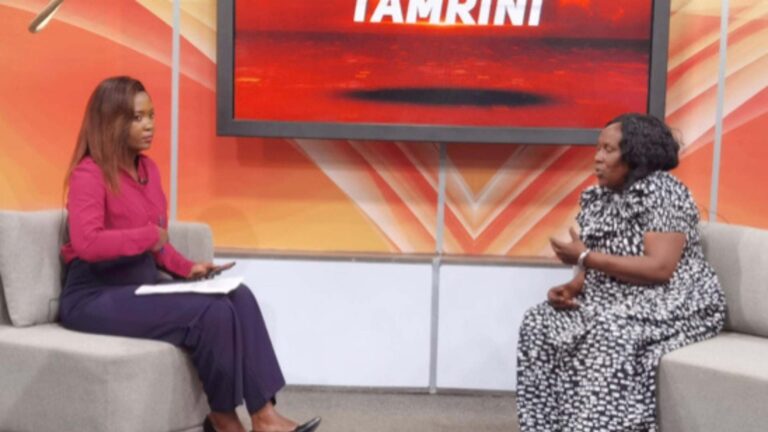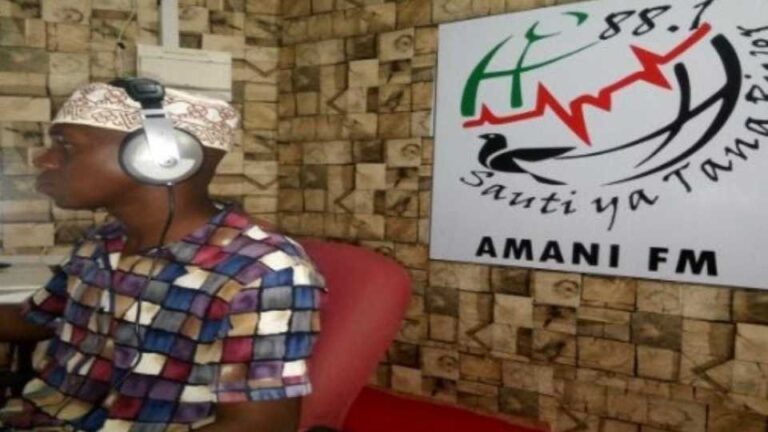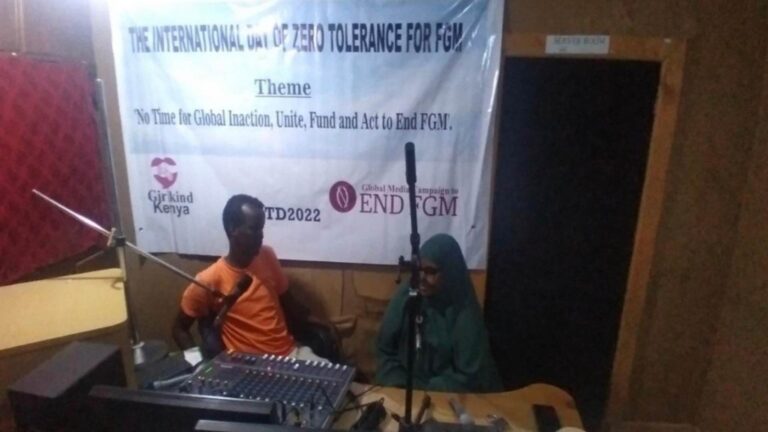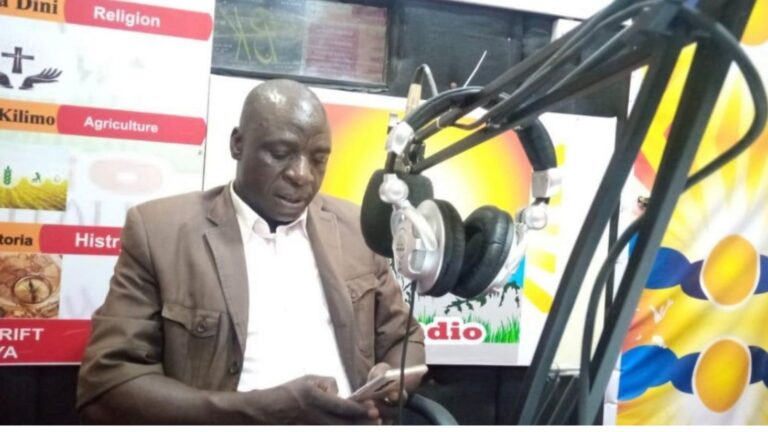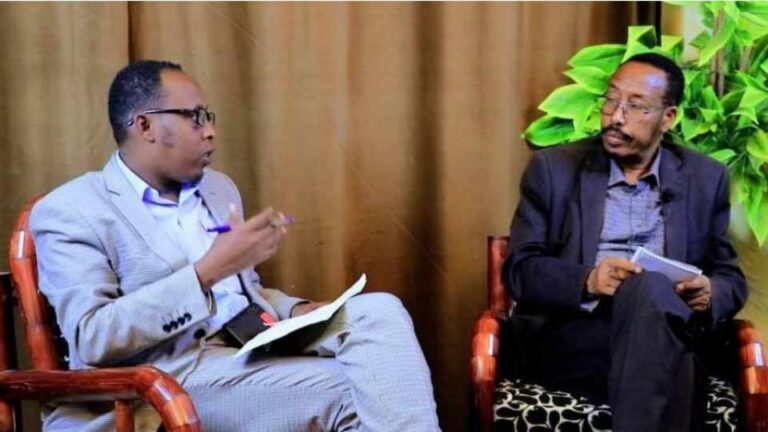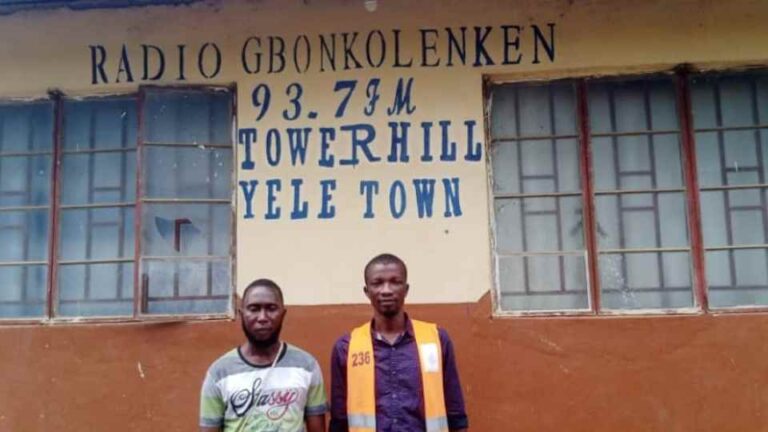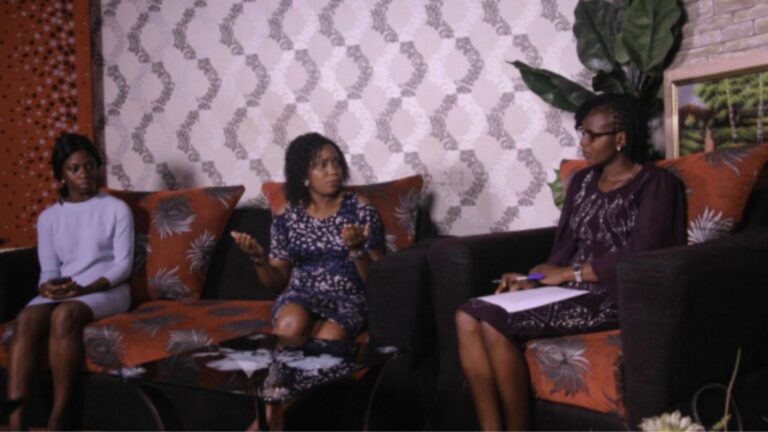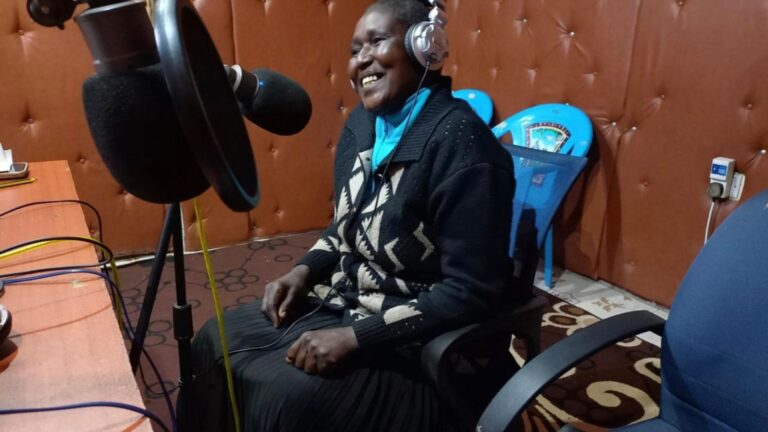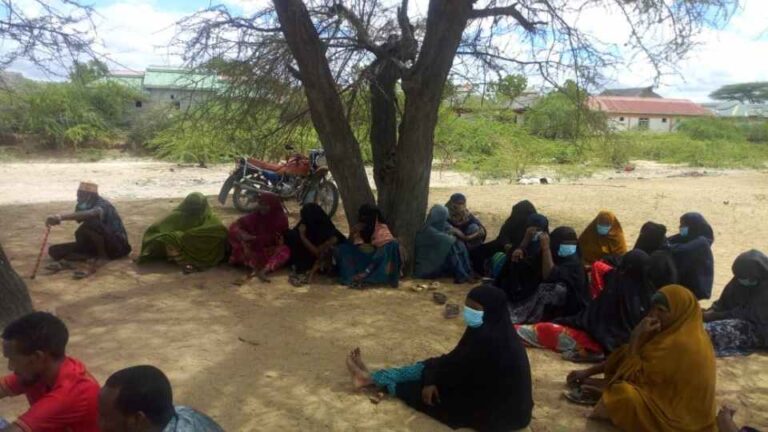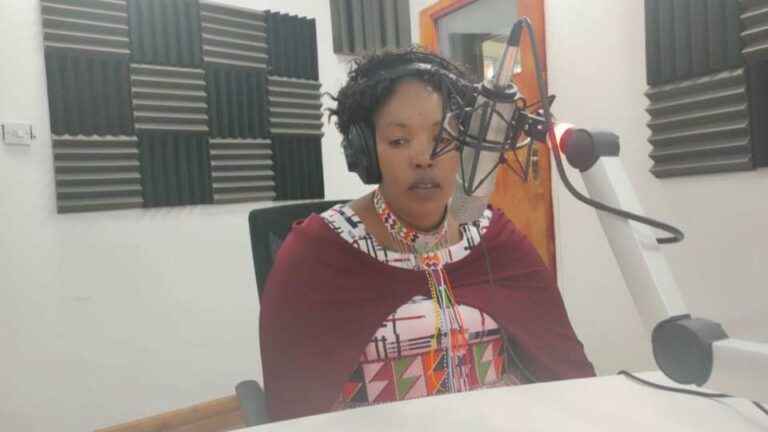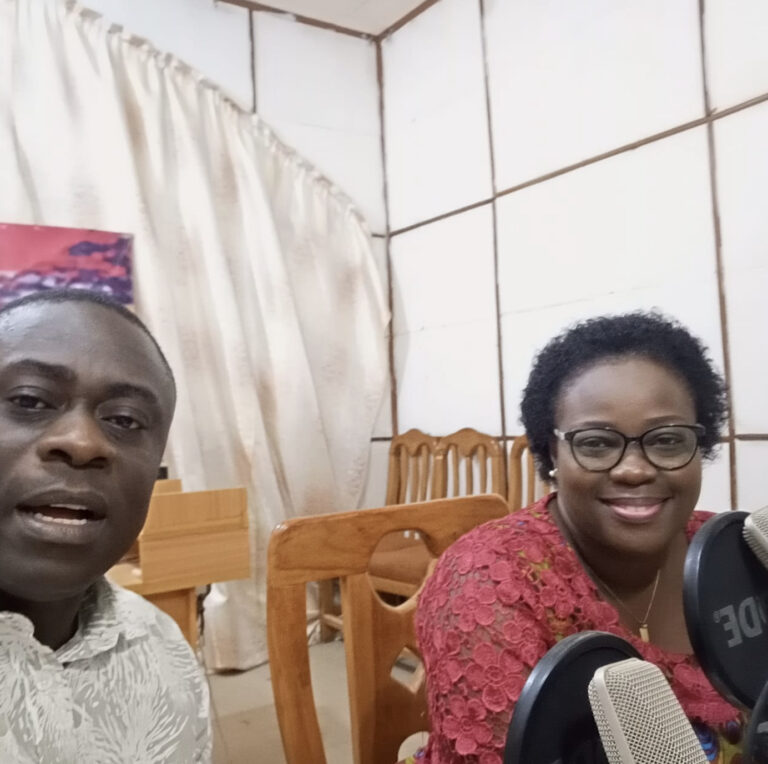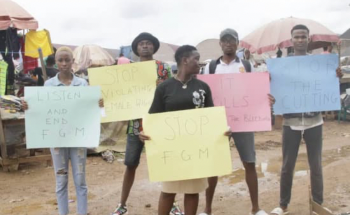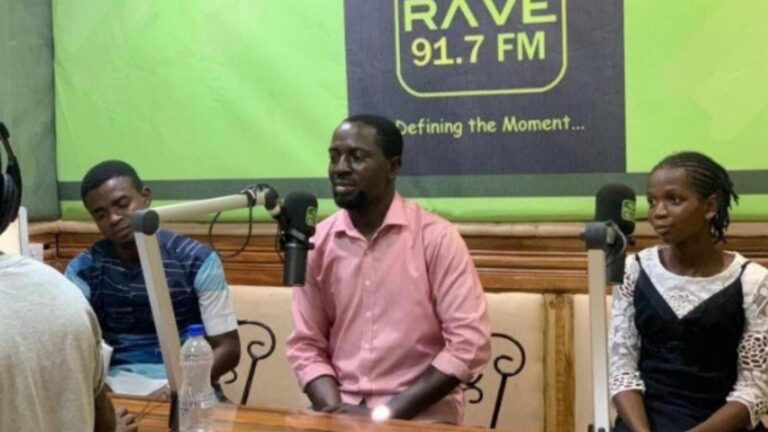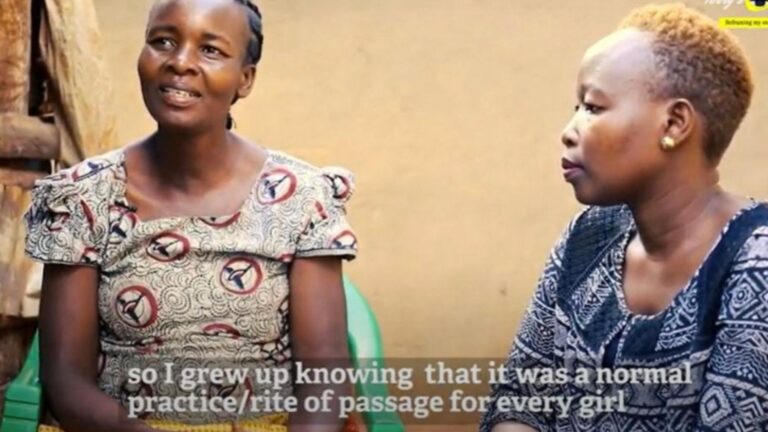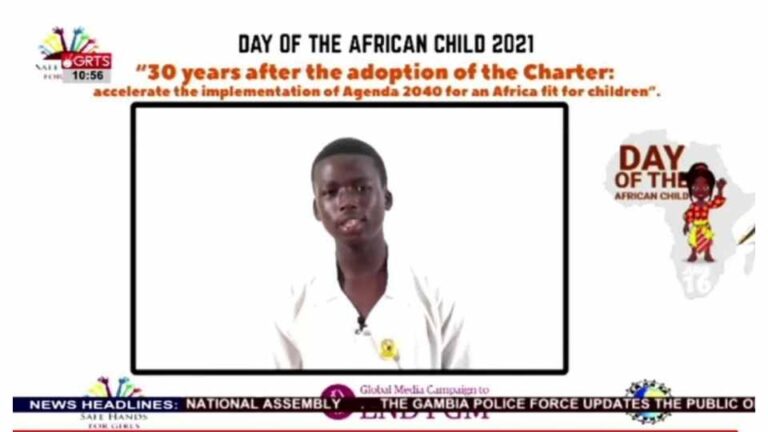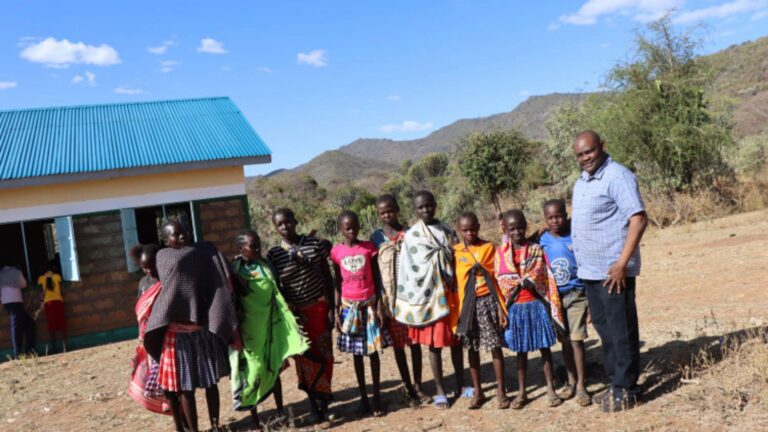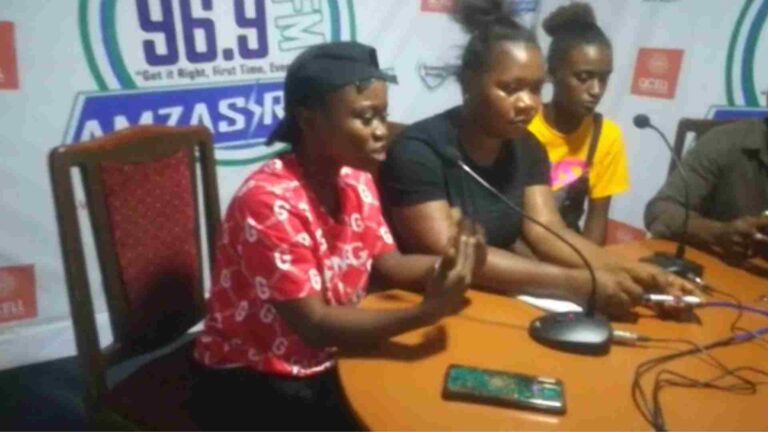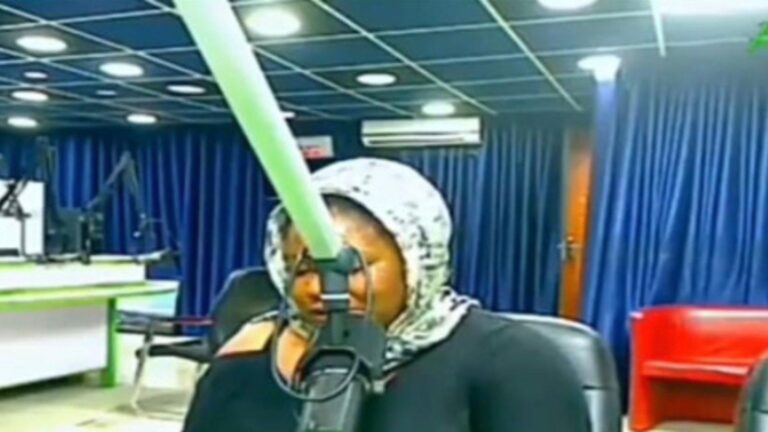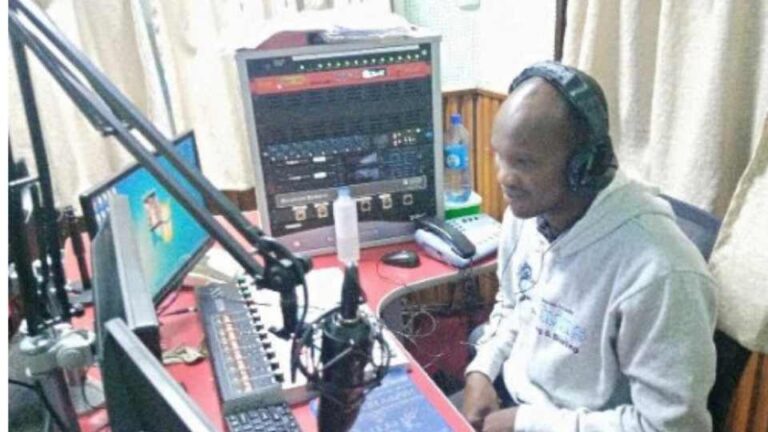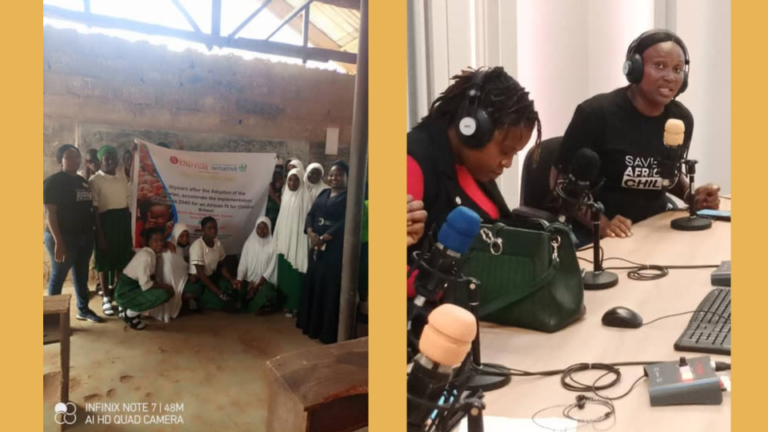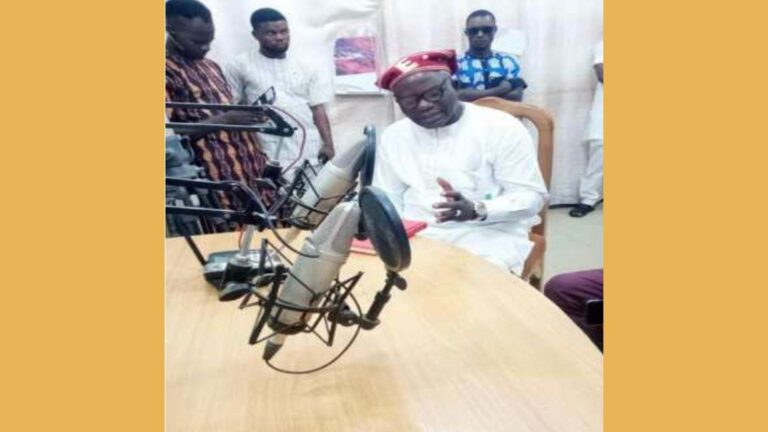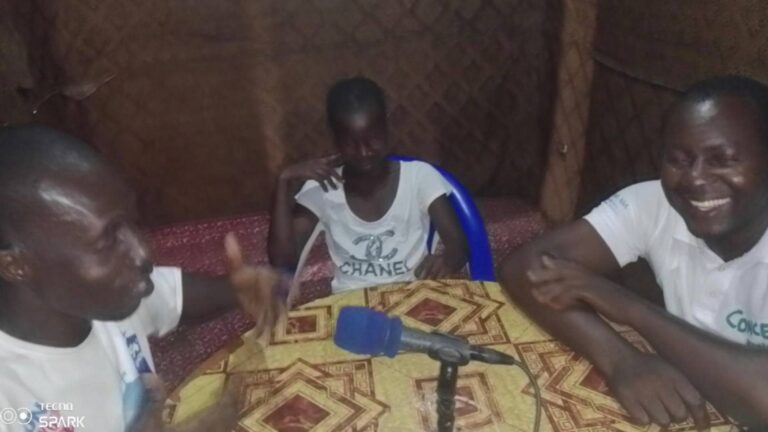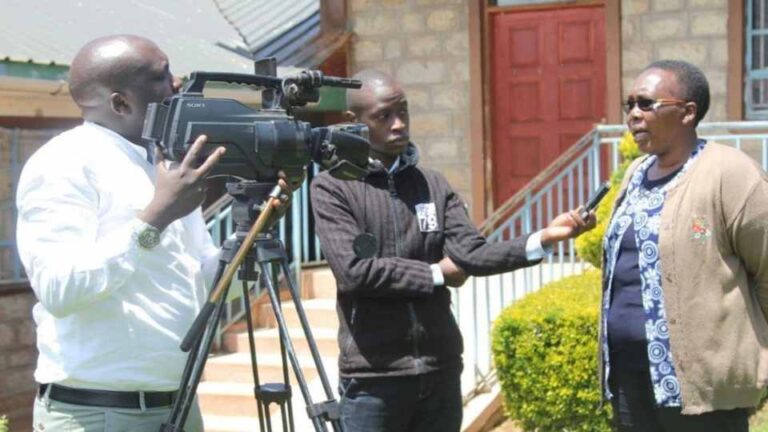By Sarjo Camara,
Radio talk show highlights the problems married women face after undergoing FGM.
Radio talk:
It was a radio talk show where I invited youth, Parents, and a news editor to discuss issues around the Day of the African Child with a focus on issues affecting proper care of children including right violations and child labour, FGM, and proper parenting of children.
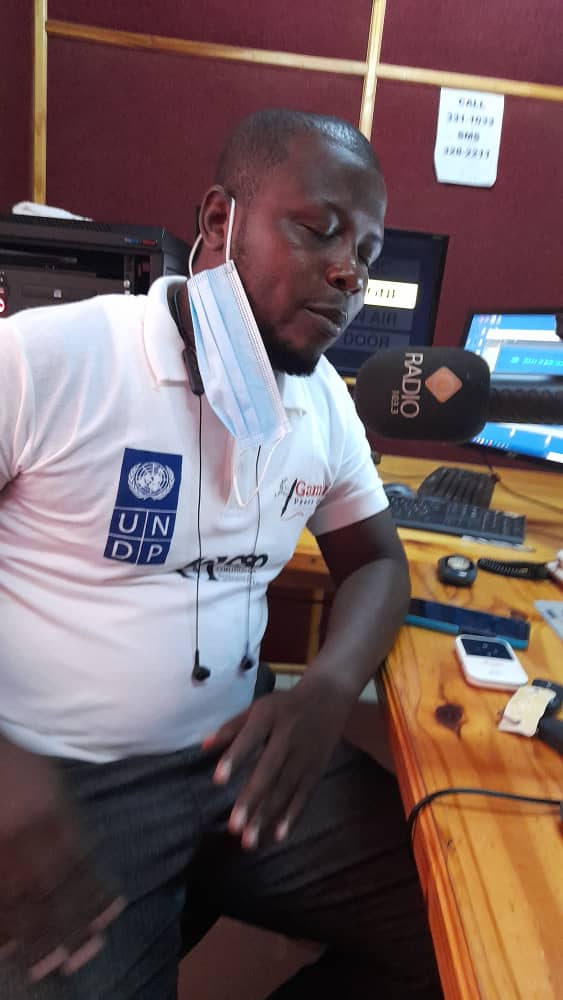
Success:
It was very successful to the extent that some parents confessed that children should not be used as breadwinners, and their rights should not be violated, especially the right to education.
“Children should not be used as beggars” a male parent
“We should stop cutting girls,” says a listener.
“ Cutting girls causes a lot of marital problems, I am facing such in my marriage” anonymous caller
Difficulties:
The difficulties I encountered were some of the panelists changed their minds at the eleventh (1) hour. I had to get replacements 2 hours to the panel discussion, luckily I was able to get very good replacements
Strong messages positive and negative:
At some point in my first programme a man called to express his disapproval of our programme because we are unveiling the secret of women.
“Is there no shame women sit in the open to disclose their sexuality?” in Mandingo language.
Unexpected wins:
A big win was I had more callers who were men. A guy called from FONI, a constituency in the West Coast Region, to express his gratitude. He asked us to keep up the job and spread the information as still, some are in denial.
Another man called and told the operator to receive him off the air. He confessed to me that FGM is harmful, he is going through a lot with his wife, the wife always complains that she never had enjoyable sex with him. For him, he is going through the same problem, but he has no money to go for another wife.
Impact
- People were willing to speak out even though it was on the radio. People who were on the panel both spoke on the subject as people who have experience and knowledge.
- This shows a high commitment to end all sorts of abuses and rights violations to end.
Next time…
What I would do differently is to get health workers, survivors, population experts or communicators, journalists, or a lawyer.


